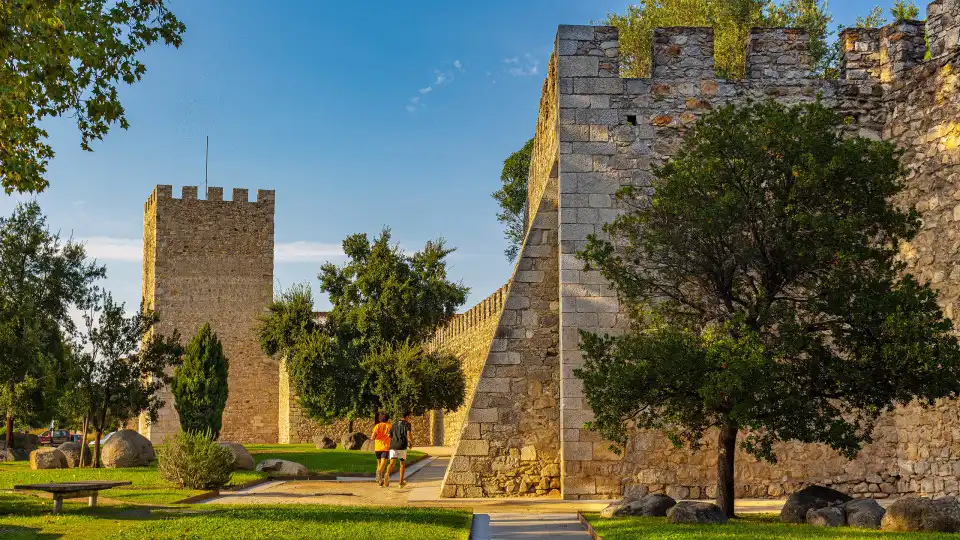Évora City Council resumes discussion on tourist tax this year
The Évora City Council will resume this year the discussion on the application of a tourist accommodation tax in the municipality's hotels and lodging establishments, after it was interrupted at the beginning of the COVID-19 pandemic.

© Shutterstock

País Taxa Turística
"The idea, in practical terms, is to resume a proposal that was interrupted and which had already been discussed before the pandemic," said today the president of the municipality, Carlos Pinto de Sá (CDU), in statements to the Lusa agency.
According to the communist mayor, the CDU management intends to resume the process with the presentation of the proposal to the Municipal Commission for Economy and Tourism, during the month of June, before taking the matter to a council meeting.
"We want to start the process, as I said, in June, in order to be able to hear the stakeholders and prepare a proposal, probably in September, to take to the council and the municipal assembly," he stressed.
Recalling that, before the discussion on the tax was suspended, hearings were held with the sectors involved on the subject, Pinto de Sá stressed that resuming the process implies "listening again to a group of stakeholders in this area".
Asked by Lusa whether the tourist tax, if created, could come into force this year, the mayor of the municipality replied that it seems "tight, also because there will be negotiations".
"But, I would like the decision to be made this year," he added, however, declining to indicate values because he considers it "premature" and to avoid speculation.
For the mayor, the application of the tourist tax in this Alentejo municipality "is not only fair, but absolutely indispensable and necessary", in order to "reinforce the municipal capacity to respond" to the increase in tourism in Évora and its impact.
"This growth implies a greater production of waste, garbage, greater pressure on heritage and public space and it is fair that this impact can have funding that allows us to improve the response to cleaning public space and safeguarding heritage," he argued.
Pinto de Sá also considered that it is not fair that the funding that comes from residents and the State should be used to "bear the costs arising from the impact of tourism", noting that "most tourist cities already have a tourist tax".
The Évora City Council suspended, in June 2020, a few months after the start of the covid-19 pandemic, the discussion around the proposal for a tourist tax, about a year after the measure began to be debated with businessmen and associations in the sector.
Read Also: Évora mayor pleased with the progress of the Lisbon - Madrid high speed line (Portuguese version)


Descarregue a nossa App gratuita.
Oitavo ano consecutivo Escolha do Consumidor para Imprensa Online e eleito o produto do ano 2024.
* Estudo da e Netsonda, nov. e dez. 2023 produtodoano- pt.com



